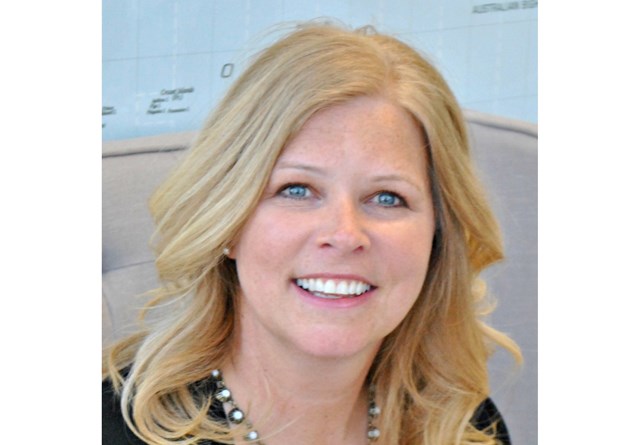‘It’s a return to common sense.”
Dr. Deborah MacNamara said there’s no need for special tools, step-by-step instructions or certificates when it comes to helping your child build up resiliency.
Instead, explained MacNamara — a clinical counsellor and educator at the Vancouver-based Neufeld Institute — the adults in a particular child’s life just need to care and be there when called upon.
Although surprisingly simple, it’s a role that MacNamara will dig into when she takes to the stage Saturday as keynote speaker at the 17th Annual Learning and the Brain Conference at MacNeill secondary.
Adults, and especially parents, caring for or working with children at all school ages are encouraged to attend the free event, which, as well as MacNamara, will feature workshops and exhibits tailored to “The Roots of Resilience” theme.
“One of the most important things we can cultivate is our kids’ resiliency and, as adults, we have the capacity to help our kids in the face of adversity,” MacNamara told the News.
“Some people think this is a skill to be taught. But kids need to develop the capacity to survive and this is based on emotion.
“When things don’t go their way, it’s about helping and supporting them through that. Relationships with adults are so important.
“And it’s not about fixing anything; rather it’s about guiding them through the process. We need to help the kids realize it’s an emotional process and there will most likely be tears.”
MacNamara said part of the adult’s role is to “help them find their tears when it’s needed; as it matters that (children) find strength when the time comes.”
“The source of the child’s resiliency comes from the adult and child relationship.
“I don’t think people appreciate that it comes from that relationship.”
That relationship, added MacNamara, can be strengthened by “conveying a sense of warmth and encouragement; conveying that they’re important and you’re there, reading their emotions when the time comes.
“For example, if and when — usually when, — they’re struggling with their math, give them room to be disappointed and lead them to the futility that it’s all part of the process; that math isn’t going to go away and that they will find a way through it.
“Whatever happens, it’s OK, it’s all part of the process, for both the adult and the child. It’s about helping them find resiliency that they’re going to need every day in life. It’s OK to let them know that it’s just the way the world is sometimes.”
Suffice to say, explained MacNamara, the child simply needs to know that, when faced with adversity, someone is there for them.
Research across the globe, insists MacNamara, clearly indicates that some of the most resilient kids have caring adults in their lives.
“There are examples such as this across the world, across cultures and ethnicities,” she said.
“Without (the relationships), things such as addiction, mental health and criminal justice issues can become a factor.”
However, the relationships don’t always have to be of the parent-child nature.
“It can be other relatives, teachers, community members,” added MacNamara.
“Relationships are the vehicle, they’re not the tool and if you’re looking for tools, you’ll likely diminish the capacity for the relationship to grow. You can’t dictate the shape of love.”
Sarah Loat, Richmond School District administrator and conference chair, said the subject of resiliency was chosen in line with consistent feedback from the Richmond District Parents Association (RDPA), as the demand is still strong for help with social and emotional learning.



